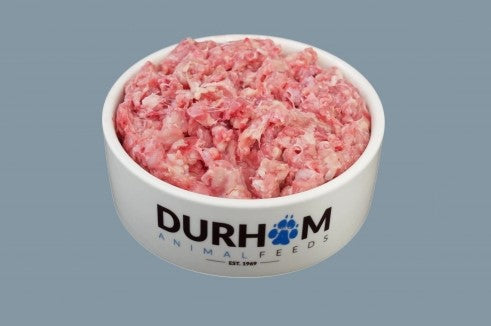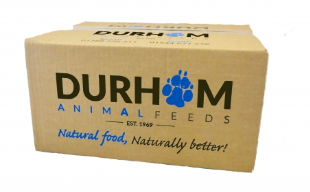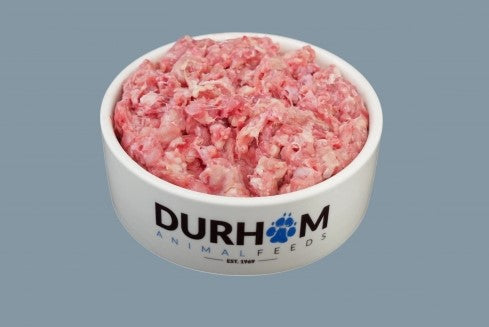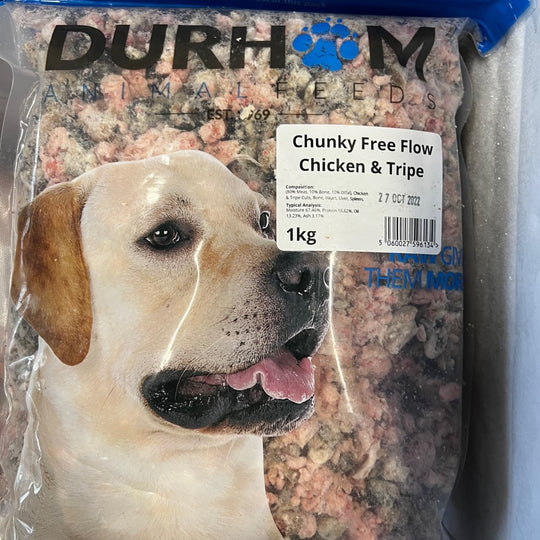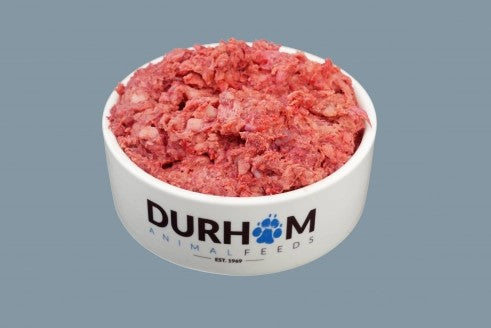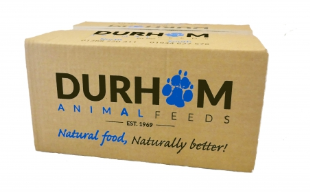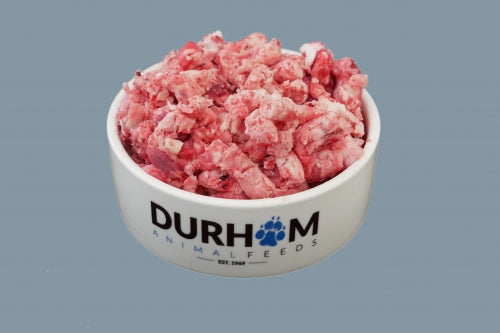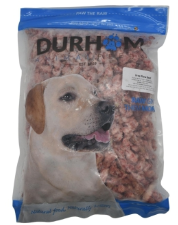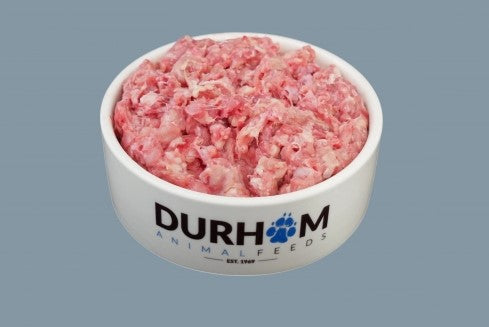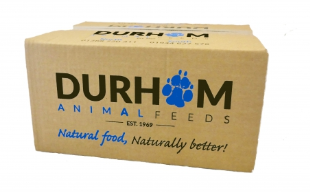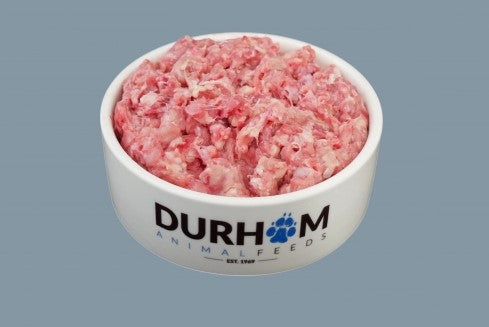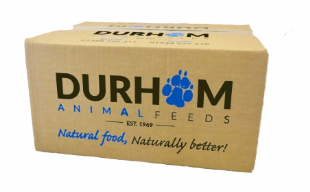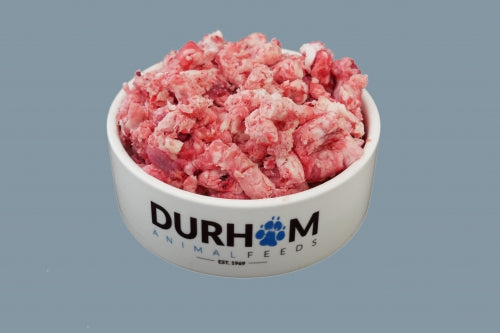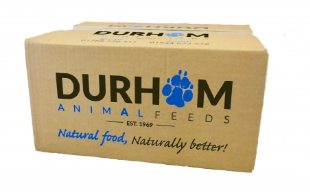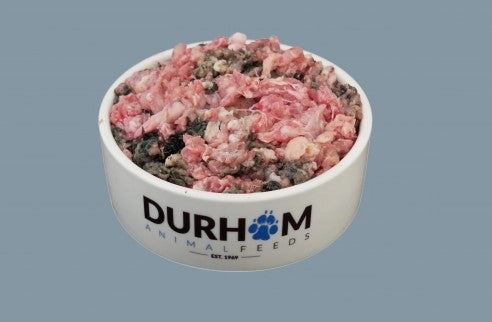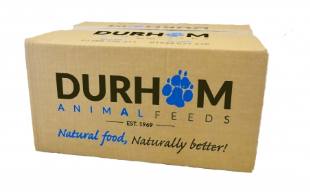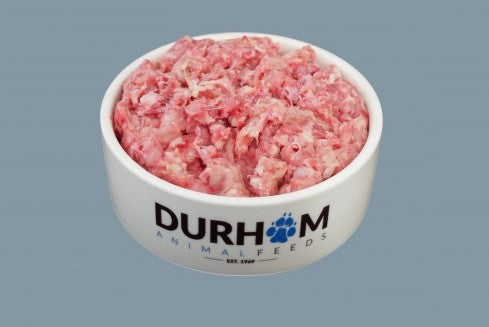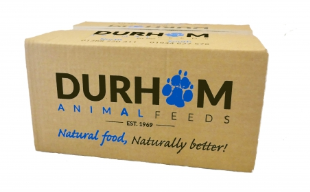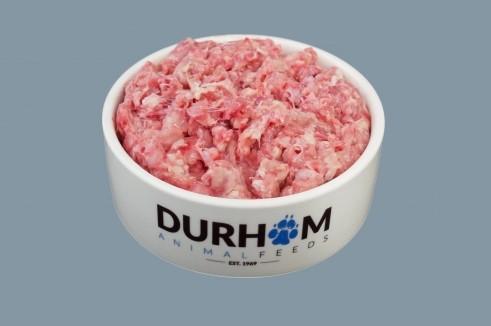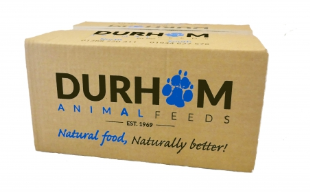Chai Seeds – ORGANIC
Chia seeds are good for dogs in small amounts. Chia seeds offer an excellent source of B vitamins and they’re rich in omega fatty acids, antioxidants, fiber, and minerals like calcium, magnesium and phosphorus. Let’s talk about some chia seeds benefits for dogs.
Omega Fatty Acids
Dogs need omega-3 fatty acids to balance out omega-6 fatty acids (which are high in most dog’s diets). Omega-3 fatty acids are important for many of the body’s functions, including …
- Immune system
- Skin and coat
- Joints
- Brain development and maintenance
- Eye development and maintenance
- Growth
Omega-3s also help lower inflammation in the body. Chronic inflammation is the root of many diseases so it’s important to give your dog anti-inflammatory foods,
Chia is well known as a source of omega-3 fatty acids … and it’s said to have 3 times the amount of omega-3 fatty acids as salmon. Two tablespoons of chia seeds provide a 3 to 1 ratio of Omega-3 to Omega-6. fatty acids.
Alpha-Linolenic Acid (ALA)
ALA is a true essential fatty acid, meaning your dog can’t make it and needs to get it in his food. Chia’s a great source of ALA (as are other seeds, leafy plants and nuts. ALA is also in meat and dairy, if the animals are eating ALA-rich foods.
Fiber
Chia seeds are a big source of fiber, with 1 oz of chia containing 10 grams of dietary fiber. Most of the fiber in chia seeds is soluble fiber, a digestible fiber. Soluble fiber absorbs water, making it gel-like. Soluble fiber is fermented in the colon by the good bacteria, forming short chain fatty acids that are important to control pathogenic bacteria.
Soluble fiber from chia seeds expands in your dog’s stomach to help him feel full. So chia can help satisfy your dog’s appetite and may help prevent obesity. It may. also help prevent diabetes as it slows the conversion of carbohydrates into sugars to help stabilize blood sugar levels. So chia supports normal insulin function and sensitivity, blood sugar regulation and glucose tolerance.
Fiber can also regulate the digestive tract to alleviate constipation and may help relieve dog anal gland problems. They may also help stop diarrhea if you feed them dry, because they’ll soak up extra fluid in the digestive tract.
Antioxidants
Chia seeds are a good source of antioxidants for dogs. Your dog needs antioxidants to help manage free radicals and prevent oxidative stress.. Free radicals are a product of normal metabolism, but if they grow out of control they can harm your dog’s cells and even DNA. This is called oxidative stress, which contributes to disease and early aging. Antioxidants help slow oxidative stress and keep your dog healthy.
Chia seeds contain the antioxidants quercetin, kaempferol, chlorogenic acid, caffeic acid, myricetin. These antioxidants help protect the heart and liver and may have anti-cancer properties.
Minerals
Chia contains more calcium than whole milk, more iron than raw spinach and more magnesium than broccoli. It’s a good source of phosphorus, potassium, copper, iron and zinc.
One Argentinian study found that long term feeding of chia seeds to rats improved bone density as well as liver and gut health.
How To Give Chia Seeds To Your Dog
First, because chia soaks up so much water, always make sure your dog has plenty of fresh water available.
You only need to give a small amount. Give 1/4 teaspoon daily for every 10 pounds of your dog’s body weight. You can sprinkle the seeds on food, or you can soak them in water to make a pudding and give it as a snack or food topping. Look for milled, organic chia seeds whenever possible.
Chia seeds can be a nutritious addition to your dog’s diet for fiber, antioxidants and minerals … but don’t rely on them as a sole source of omega-3 fatty acids.
- 1/4 teaspoon per day for per 5kg
- Soak seeds in water or liquid before use



